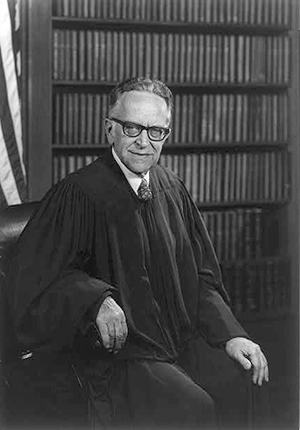Summary
At a time when Texas law restricted abortions except to save the life of the mother, Jane Roe (a single, pregnant woman) sued Henry Wade, the local district attorney tasked with enforcing the abortion statute. She argued that the Texas law was unconstitutional. The Supreme Court agreed, holding that the right of privacy, inherent in the Due Process Clause of the Fourteenth Amendment, protects a woman’s choice to have an abortion. That right is limited, however, as the pregnancy advances, by the State’s interest in maternal health and in fetal life after viability. Amid national debate over this issue, this was the first time the Court took up this question and affirmed the “right to choose,” as it is often titled.







